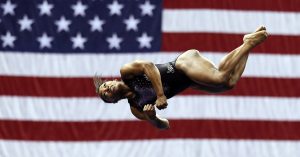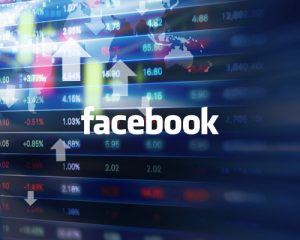The accuracy of facial-recognition algorithms has improved significantly in the past few years. That allows you to unlock an iPhone with your face. But the rapid adoption of the technology by government for uses such as airport security and policing has triggered a debate about the algorithms’ trustworthiness and how they are being used.
Civil rights groups and US government studies suggest the technology is often less accurate for women and people with darker skin tones. Three US cities, including San Francisco, recently blocked their agencies from using the technology altogether, while federal lawmakers from both sides of the aisle have expressed interest in regulating facial recognition.
Police and border agencies say using facial recognition helps them catch criminals and fraudsters more efficiently. Gretchen Greene, an affiliate researcher at MIT Media Lab and Harvard Berkman Klein Center, says that even if you trust the technology, wider government use requires careful debate. “I would rather live in a world where I feel I have some privacy, even in public spaces,” she says. “If people know where you are, you might not do those things that are the bedrock of what we think people in this country should be able to do.”
More Great WIRED Stories
- High drama: A cannabis biotech firm roils small growers
- Are super-automatic espresso machines worth it?
- Facebook knows more about you than the CIA
- The twisted paths of “Global Girl” and the Lolita Express
- Cold War–era bunker mania forever altered Albania
- ? Things not sounding right? Check out our favorite wireless headphones, soundbars, and bluetooth speakers
- ? Want more? Sign up for our daily newsletter and never miss our latest and greatest stories



